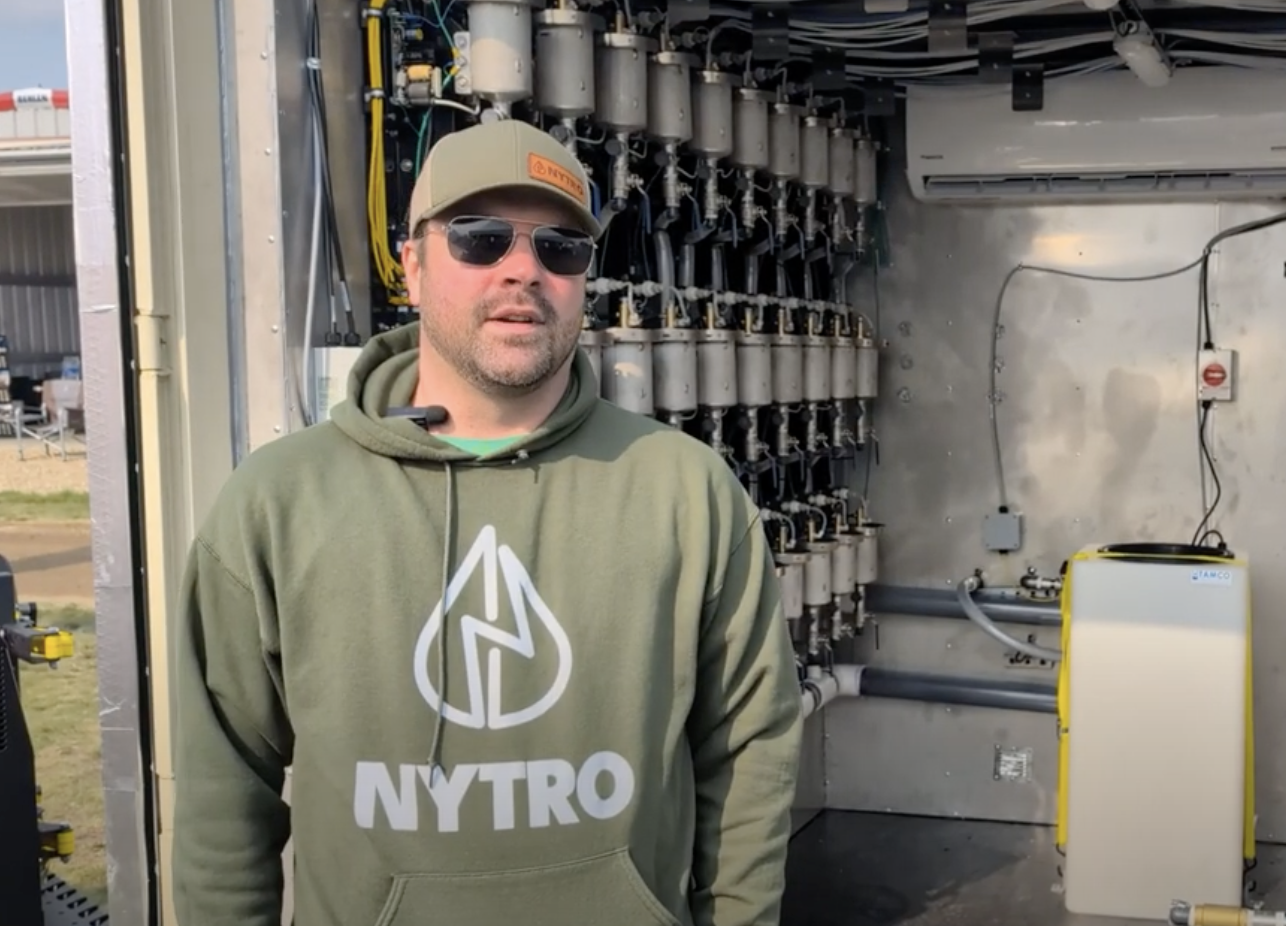On-farm dockage sieves used to estimate dockage before hauling to the elevator have been available to prairie farmers since the 1940s. The sieve holes are the exact same sizes as those used at the elevator, so the dockage estimate is usually accurate.
The main problem, however, is that the all-metal construction doesn’t always stand up to the test of time.
“The rings get dropped, pushed around and bent out of shape and then they don’t nest together tightly,” said Jason Diehl of Dimo’s Labtronics in Winnipeg.
Read Also

VIDEO: Green Lightning and Nytro Ag win sustainability innovation award
Nytro Ag Corp and Green Lightning recieved an innovation award at Ag in Motion 2025 for the Green Lightning Nitrogen Machine, which converts atmospheric nitrogen into a plant-usable form.
“The biggest problem is the rings. The screens still work well as long as they’re not badly beat up. But the rings seems to take the most abuse.”
Diehl said the price of replacement rings has been rising because of the labour involved in the metal fabrication. His company decided to try making the rings out of a polymer plastic material to reduce the price and make them more durable.
In 2005, tool and die maker Dimo Karamichelis, owner of Dimo’s Labtronics, designed a polymer injection system to replicate the old metal rings with a plastic material.
His new system sandwiches the metal sieve between two precisely formed plastic rings.
Karamichelis said his new poly ring system is compatible with all 13-inch sieve systems that have ever been sold in Western Canada.
He figures there are more than 100 different sieve numbers used by elevators and they all fit his new polymer rings.
Dimo Labtronics is putting together kits with the most commonly used on-farm sieves for canola, wheat and flax.
Other crops and sieve numbers can be added because the system uses only commonly available sieves.
“For canola, the set has a 6.5 round hole on top and a 0.038 slotted sieve on the bottom pan,” Diehl said.
“These two sieves probably account for 95 percent of the canola on the Prairies. At the elevator, you’ll see these numbers plus a few more canola sieves. They’ll also have a 6.0 round and a 7.0 round. And for the bottom slotted pan, they’ll also have a 0.035 slotted and a 0.040 slotted.”
The cost for the poly rings with new sieves is $120 for a complete canola set and $120 for a complete cereal grain set.
Producers with older 13-inch sieves that are in good shape can have the metal ring upgraded to a poly ring system for about $20 per sieve.















